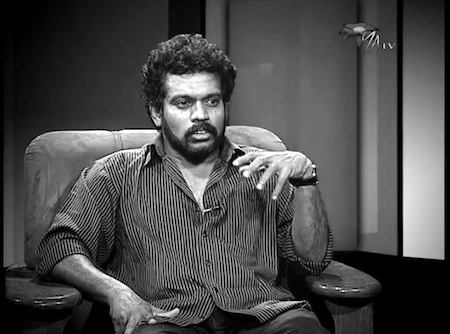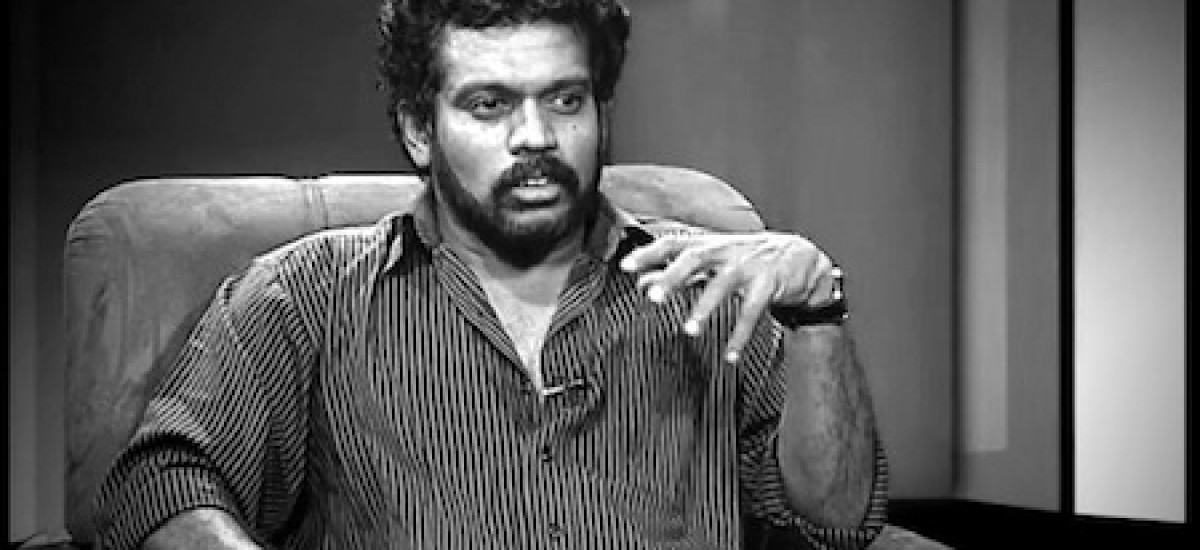
Asoka Handagama is one of Sri Lanka’s best known and most controversial filmmakers. His films divide audiences and the critics – you either love them and celebrate his genius, or you hate them and decry his take on incendiary social and political issues.
We began the interview with Asoka explaining how he approaches the creation of a film – what drives him to do what he does. He also speaks about the freedom filmmakers once had to express themselves in comparison to later years, when films were banned and Asoka himself was subject to a great degree of public vilification. I asked him whether after Aksharaya (Letter of Fire) and its violent reception, he thought of giving up filmmaking. Later on, I also point to what Asoka said about filmmaking going back by decades if Aksharaya was blocked, noting that despite its ban, Sri Lankan filmmaking both during the final years of war and after it, displayed no visible signs of retrogression.
I pointed to a central irony – Asoka’s day job is at the Central Bank of Sri Lanka – and asked him whether being within this institution, and in a sense, within the institutional framework Asoka’s films seek to critique and interrogate, had led to any tension at work.
Addressing and highlighting Sri Lanka’s systemic violence during war, I asked Asoka what as a filmmaker he intends to create in a context with residual systemic violence, but is definitely post-war. In this context, we also talk about Asoka’s latest movie, Vidhu, which at the time of the recording and broadcast of this interview was playing at cinemas. The film in Sinhala and English (e.g. Keeping the audience in darkness) had generated early reviews that were critical of Asoka’s dramatic change in style and emphasis on subjects. I ask him whether this surprise and criticism was warranted.

